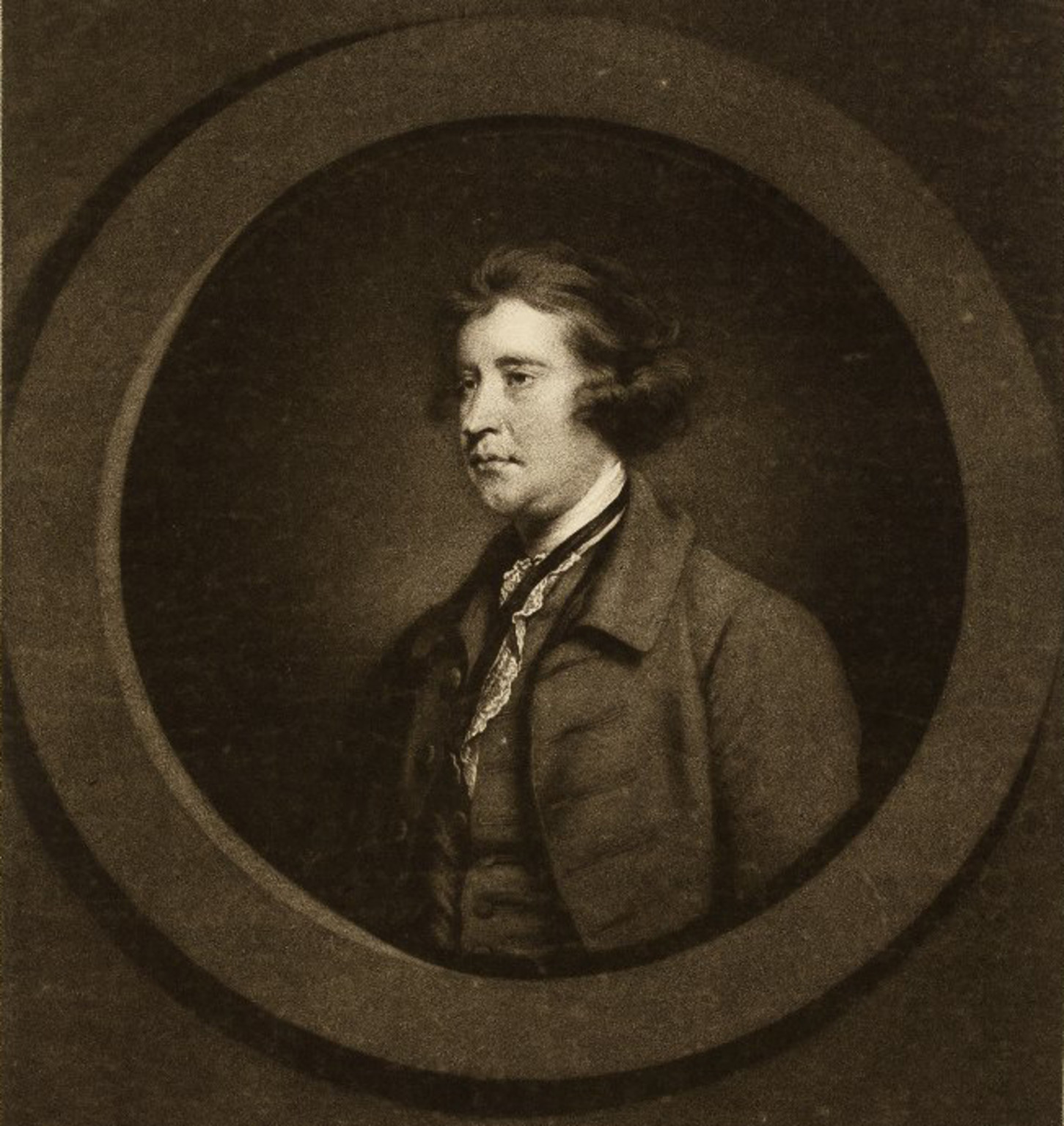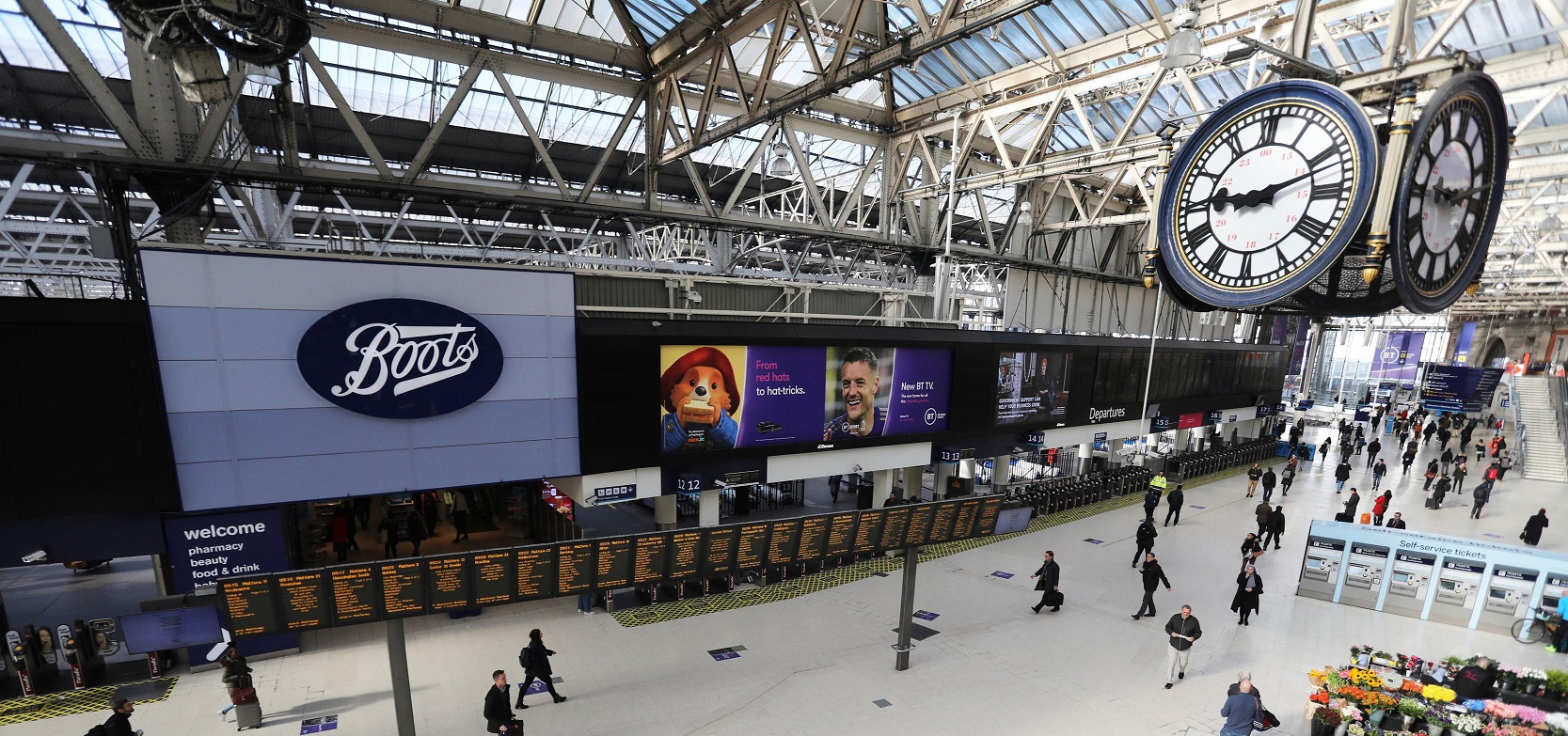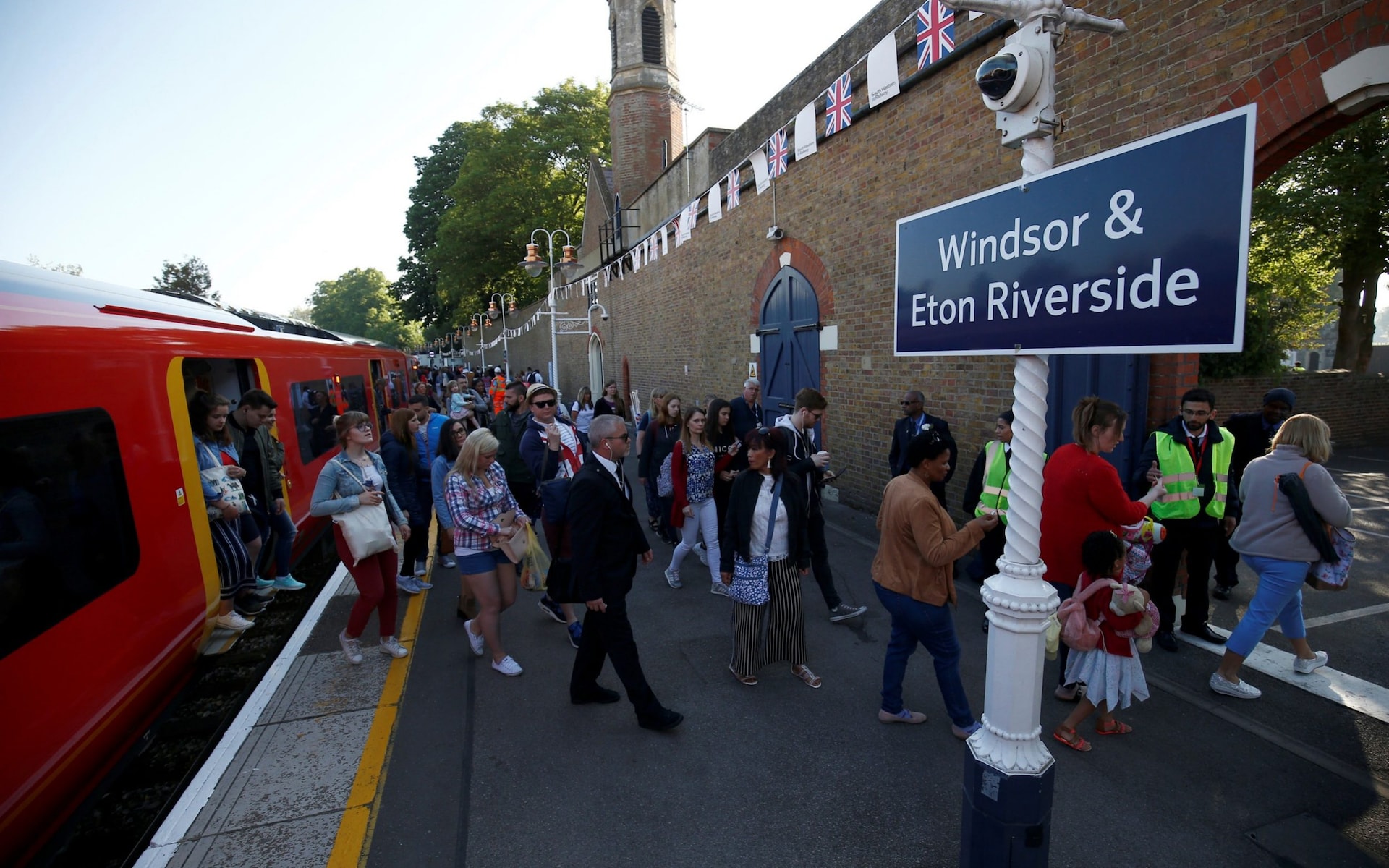Edmund Burke, the eighteenth century philosopher and parliamentarian, once famously said that no man should be a judge in his own cause. It is remarkable that words written before the railways or the first steam engine were built, should be relevant to the problems of our transport today.
However, being a judge in his own cause is exactly the unfortunate position that the Secretary of State for transport finds himself in. The Department for Transport is both the promoter of new rail schemes, such as HS2, and their arbiter. This leads to mistrust, as even if officials and politicians are usually honest about their cost and benefit forecasts, people are apt to be suspicious. This lack of trust is then one of the key reasons why new infrastructure takes so long to build in the UK.
And it is not just the slow rate of planning approval and construction that is the problem. Britain’s railways seem stuck in a viscous circle of ever-rising fares and diminishing services. Many trains are now slower and more uncomfortable than they were in the age of steam and the unprecedented investment in the railways by the government, whilst very welcome for travellers, will put further pressures on fares that are already several times more expensive than those in continental Europe.
Allowing private companies to propose new railways (or other types of infrastructure) offers a way out of this problem. It removes the potential for corruption, where the process is led by lobbyists or other vested interests. Instead of giving all the construction benefits to the contractors and all the risks on the taxpayer, it places both with the proposer. Relieved from the job of proposing new infrastructure, the government can then do a better job of assessing the schemes put before it and be more trusted when it makes a judgement. Thus decisions can be quicker and less vulnerable to challenge. As the Chancellor keeps reminding us, the economy as a whole benefits as better infrastructure supports a better economy, with sustainable growth and employment.
The Windsor Link Railway is a pioneer of this new approach. In fact, it isn’t really new; it is a return to how it was done by the Victorians, who built infrastructure and innovated for the benefit of society much more quickly and cheaply than we do today.
More information on Burke can be found in Jesse Norman’s new book.





